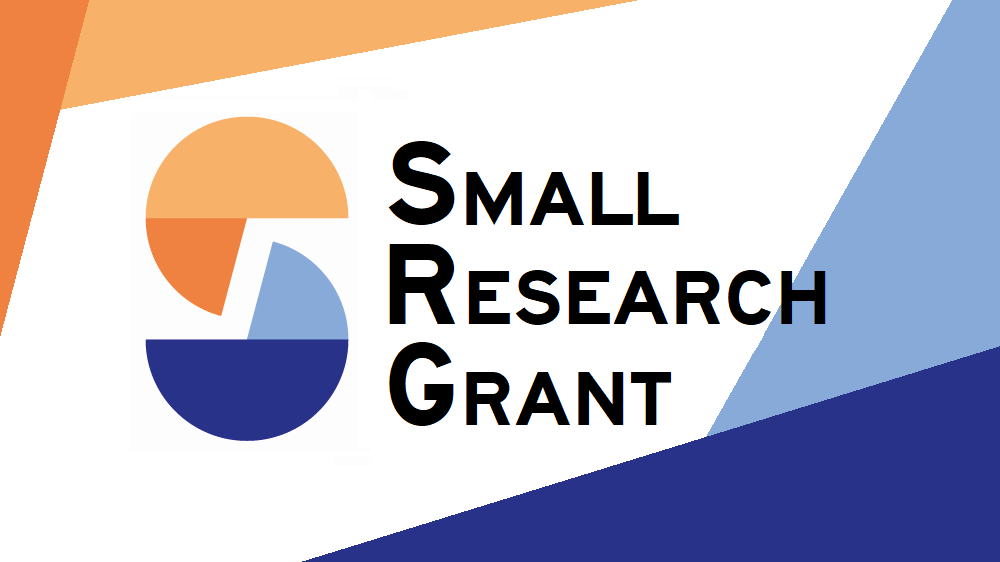Urban population in Sub-Saharan Africa is predicted to experience enormous growth over the next 30 years, more than doubling in total (UN, 2018). Mozambique is no exception, with the share of its urban population currently projected to increase from around 37 to nearly 60 percent by 2050. This fast urban population growth poses multiple challenges to already struggling municipalities, often characterised by chaotic land use, a large fraction of the population in informal housing and limited infrastructure (Henderson et al., 2016). Institutional constraints play a key role in shaping these poor outcomes (Henderson et al., 2021), in particular the lack of (local) fiscal capacity, poorly defined property rights, as well as weak enforcement of existing land use and tax regulations. Understanding the determinants of compliance with municipal taxes, and how tax compliance can shape urban development is rapidly becoming a pressing policy concern across the developing world. This project seeks to understand how a reduction in tax compliance costs: i) shapes the intensive and extensive margins of tax compliance; and (ii) how tax compliance by firms and households shapes urban development.
This study partners with the Tax Authority of Mozambique and the local governments of the Municipalities of the two largest cities in Mozambique (Maputo and Matola), to leverage the implementation of a large-scale reform of their municipal tax system across different neighbourhoods within each municipality, and across firms and households. The proposed reform will change compliance costs of Maputo’s municipal tax system (the expansion to the city of Matola will take place sequentially, after Maputo). This project will be implemented at scale with an initial pilot sample of 40,000 households and 20,000 firms. The combination of a large-scale reform, secured partnership with the relevant authorities, and full access to detailed administrative data provides the research team with a unique opportunity to address the questions outlined above. In particular, the study will be able to investigate how reducing the cost of complying with taxes affects household and firm behaviour and how these changes can affect aggregate outcomes (at the city level), such as the spatial distribution of economic activity and overall urban development. The partnership with the municipalities will enable the implementation of a randomised control trial that varies exposure to the reduction in tax compliance costs through an encouragement design paired with a randomised saturation design. It will also provide unique access to administrative tax payment data from before and after the reform, from firms and households. The latter will allow the research team to investigate both short-, mid- and long-run impacts of the reform.
This project aims to contribute to the literature on the drivers of tax compliance (Castro & Scartascini 2015, Hallsworth et al. 2017, Shimeles et al. 2017, Schächtele et al. 2022, Cruces et al. 2023). While most work to date has focused on developed or emerging economies, this study will focus on the drivers of tax compliance in a low-income country with low-enforcement capabilities. This project also seeks to make contributions to a literature on the impact of tax reform, looking specifically at a broad reform, involving the payment of several taxes at the same time. Finally, the project aims to further develop the understanding of how tax systems affect the spatial development of economic activity, a dimension that has been somewhat underexplored in economics.


















































